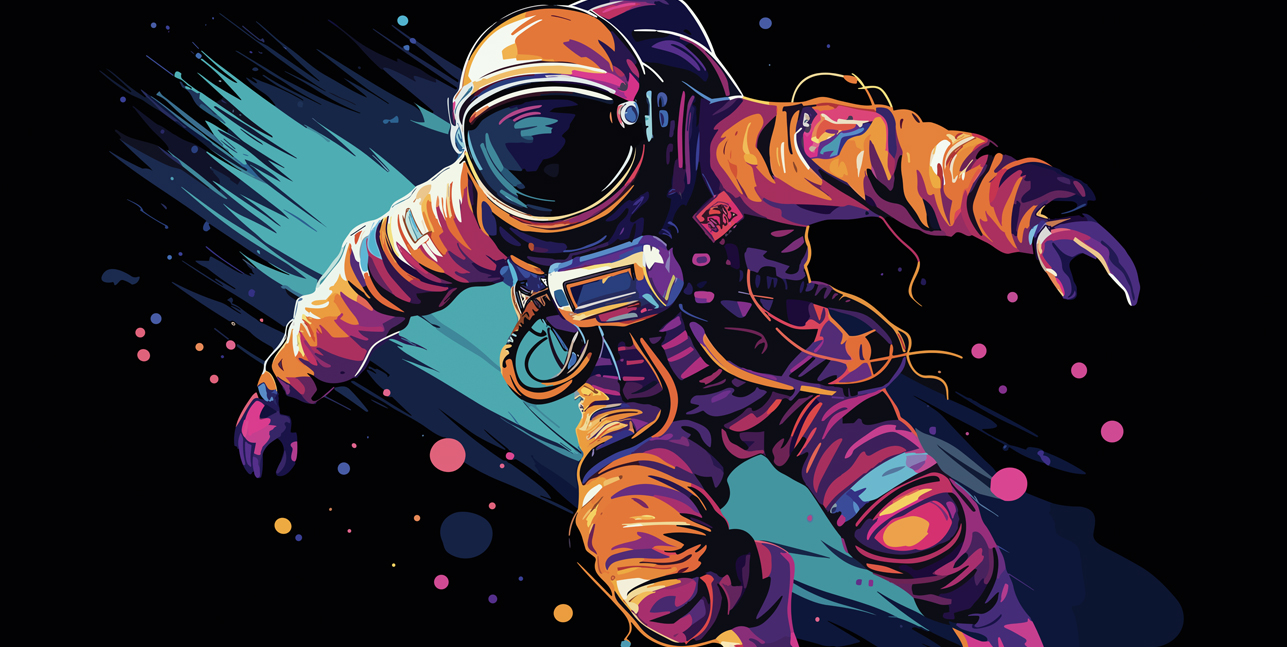A Vision of Hope and Innovation
Every generation has feared a dystopian future—visions of authoritarian rule, technological enslavement, economic collapse, and environmental catastrophe have dominated literature, film, and popular discourse. However, while it is crucial to acknowledge challenges, history shows that human ingenuity, resilience, and collective action consistently push civilization toward progress rather than decay.
Instead of fearing a dystopian future, we should embrace the opportunities that innovation, decentralization, and ethical advancements offer. The future is not a dark abyss but a canvas on which we can paint a brighter world.
1. Technology Will Empower, Not Enslave
Dystopian narratives often depict technology as a tool for oppression. However, technological advancements have historically empowered humanity by:
- Connecting the World – The internet and blockchain technology have decentralized information, giving individuals greater control over data and transactions.
- Improving Quality of Life – Artificial intelligence, automation, and biotechnology are revolutionizing healthcare, education, and labor efficiency.
- Enhancing Freedom – Decentralized finance (DeFi), cryptocurrencies, and smart contracts remove the need for oppressive intermediaries in economic systems.
Rather than fearing technology, we should guide its development with ethical frameworks to ensure it serves humanity’s best interests.
2. Decentralization Will Prevent Authoritarianism
A major concern in dystopian narratives is the rise of unchecked centralized power. However, decentralized systems are emerging to challenge this risk:
- Blockchain Governance – Decentralized Autonomous Organizations (DAOs) distribute power, ensuring transparency and collective decision-making.
- Cryptographic Privacy – Zero-knowledge proofs and encryption technologies safeguard individual freedom and data security.
- Decentralized Media – Open-source platforms ensure free speech and prevent censorship by centralized authorities.
By embracing decentralized models, we can build systems that prevent authoritarian overreach and promote individual sovereignty.
3. The Global Economy Will Adapt and Thrive
Economic downturns and financial collapse are common themes in dystopian predictions, but global economies are proving to be resilient and adaptive:
- Cryptocurrency and Digital Assets – Offering borderless, transparent, and accessible financial solutions.
- Remote and Decentralized Work – The gig economy and decentralized platforms provide new opportunities for income generation.
- Sustainable Economic Policies – Innovations in circular economies and regenerative finance are creating long-term wealth distribution.
Rather than fearing economic ruin, we should focus on adapting financial systems to new paradigms that prioritize inclusivity and sustainability.
4. Environmental Innovation Will Save Our Planet
Climate change and environmental destruction are urgent challenges, but global movements, innovations, and policies are making real progress:
- Clean Energy Revolution – Solar, wind, and fusion energy are rapidly advancing toward mainstream adoption.
- Sustainable Agriculture – Vertical farming, lab-grown meat, and regenerative farming are reducing environmental impact.
- Global Conservation Efforts – Blockchain-based carbon credits and tokenized impact funding incentivize environmental preservation.
Humanity is actively seeking solutions, and by embracing technology and policy changes, we can ensure a sustainable future.
5. Ethical AI and Human Flourishing
Artificial intelligence is often feared as a force that will take over jobs or control humanity, but when used ethically, AI has the potential to:
- Augment Human Intelligence – AI can enhance decision-making, education, and scientific discovery.
- Increase Workforce Productivity – Automation can reduce mundane tasks and allow people to focus on creative, fulfilling work.
- Enhance Healthcare – AI-powered diagnostics, robotic surgeries, and personalized medicine are extending lifespans and improving healthcare access.
The challenge is to develop and regulate AI in ways that ensure it aligns with human values, creativity, and ethical considerations.
Conclusion: Shaping the Future We Want
The fear of a dystopian future is natural, but it is not inevitable. By leveraging technology, decentralization, economic innovation, environmental sustainability, and ethical AI, we can create a world that is more prosperous, free, and equitable than ever before.
We must shift our mindset from fear to action and innovation, understanding that we are not passive participants in history—we are its architects. The future is not to be feared but to be built with intention, courage, and collaboration.
The best way to predict the future is to create it.
